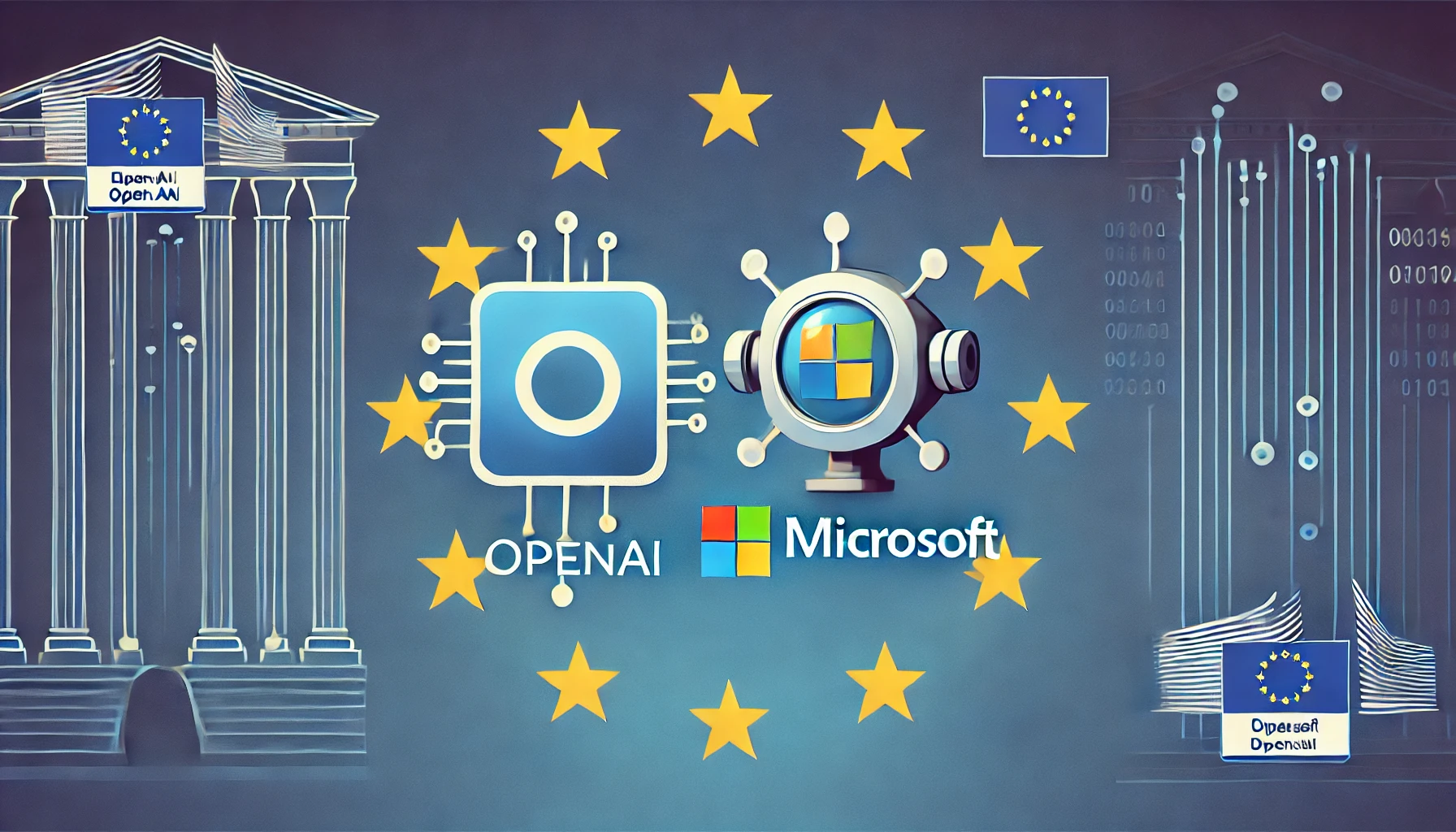Microsoft And Apple Withdraw From OpenAI Board Amid Antitrust Scrutiny

Microsoft and Apple have stepped back from their roles as observers on the OpenAI board due to growing concerns from global regulators about Big Tech's investments in artificial intelligence (AI) start-ups. This change shows how important it is to keep a fair competition in the fast-growing AI industry.
Reasons for the Withdrawals
Microsoft, which has invested a massive $13 billion in OpenAI, the maker of the popular AI chatbot ChatGPT, announced its immediate withdrawal from its observer role on OpenAI's board. Apple, which was expected to take up a similar role, decided not to proceed. These decisions come as regulatory bodies in both the European Union and the United States look more closely at Big Tech's influence in the AI sector.
Instead of board roles, OpenAI will hold regular meetings with important partners like Microsoft, Apple, Thrive Capital, and Khosla Ventures. Sarah Friar, OpenAI’s new chief financial officer, will lead this new approach to engaging with key partners.
Regulatory Concerns and Strategic Changes
The European Commission and the US Federal Trade Commission (FTC) are examining the partnership between Microsoft and OpenAI. The European Commission is considering an antitrust investigation, while the FTC is looking into investments by big tech companies like Microsoft, Amazon, and Google in AI start-ups.
Keith Dolliver, Microsoft’s deputy general counsel, explained that Microsoft’s board role was to provide insights without affecting the board’s independence. Now, seeing significant progress under OpenAI’s new board, Microsoft feels its role is no longer necessary. Despite stepping back, Microsoft stressed that OpenAI remains a valued partner.
Impact on OpenAI and Microsoft
Microsoft has been crucial for OpenAI’s success, providing computing power and cloud storage needed for training and using advanced AI models. Microsoft CEO Satya Nadella played a key role during a difficult time for OpenAI last November when CEO Sam Altman was suddenly fired and then quickly reinstated. This incident threatened OpenAI’s value and, by extension, Microsoft’s investment.
OpenAI relies on Microsoft for infrastructure, giving Microsoft an edge in the AI race. Demand for AI services has boosted sales at Microsoft’s Azure cloud platform. Though Microsoft doesn’t own traditional equity in OpenAI, it is entitled to a share of profits from an OpenAI subsidiary, up to a limit.
Continued Collaboration
Even without board seats, both Microsoft and OpenAI remain committed to working together. An OpenAI spokesperson thanked Microsoft for its confidence in the board and the company’s direction, highlighting the importance of their partnership.
The move away from board roles happens as OpenAI faces regulatory scrutiny and seeks strategic growth. OpenAI’s eight-member board, including notable figures like former US Treasury Secretary Lawrence Summers and Instacart CEO Fidji Simo, continues to guide the company.
Future Prospects
As regulations change, the decisions by Microsoft and Apple show a careful approach to balancing innovation with compliance. The scrutiny emphasises the need to maintain fair competition in the AI sector, where there are concerns about monopolistic control.
For OpenAI, these developments are both challenging and promising. The company must manage regulatory pressures while continuing to innovate and expand in the AI industry. By maintaining strong relationships with partners and ensuring transparency, OpenAI aims to keep its momentum and fulfil its mission to make AI beneficial for all of humanity.
The withdrawal of Microsoft and Apple from OpenAI’s board highlights the complex relationship between innovation, investment, and regulatory oversight in the tech industry. As AI continues to transform various fields, the actions of leading companies and regulators will shape the future of artificial intelligence.
World Liberty Seeks Federal Trust Charter
World Liberty Financial, the crypto venture backed by the Trump family, has applied for a US national bank trust charter... Read more
Saudi Banks Tap Overseas Markets
Saudi Arabia’s banks are borrowing from international markets at their fastest pace on record, as lenders try to squar... Read more
Amazon Continues To Cut 16000 Gone
Amazon has announced plans to cut a further 16,000 roles from its corporate workforce, extending the cost and organisati... Read more
The UK May Have A Voice In Ai
Europe’s AI sector has grown accustomed to playing catch-up. Capital has flowed more slowly than in Silicon Valley, va... Read more
Musk Applies Pressure To BT
Britain’s broadband market has spent the past decade locked in a familiar pattern. Incumbents invested heavily in fibr... Read more
Blackrock Sees EMEA Moving Into Private Assets
BlackRock has warned that investors across Europe, the Middle East and Africa are reshaping portfolios in response to wh... Read more

